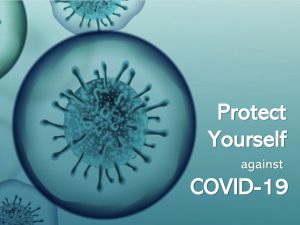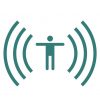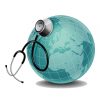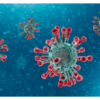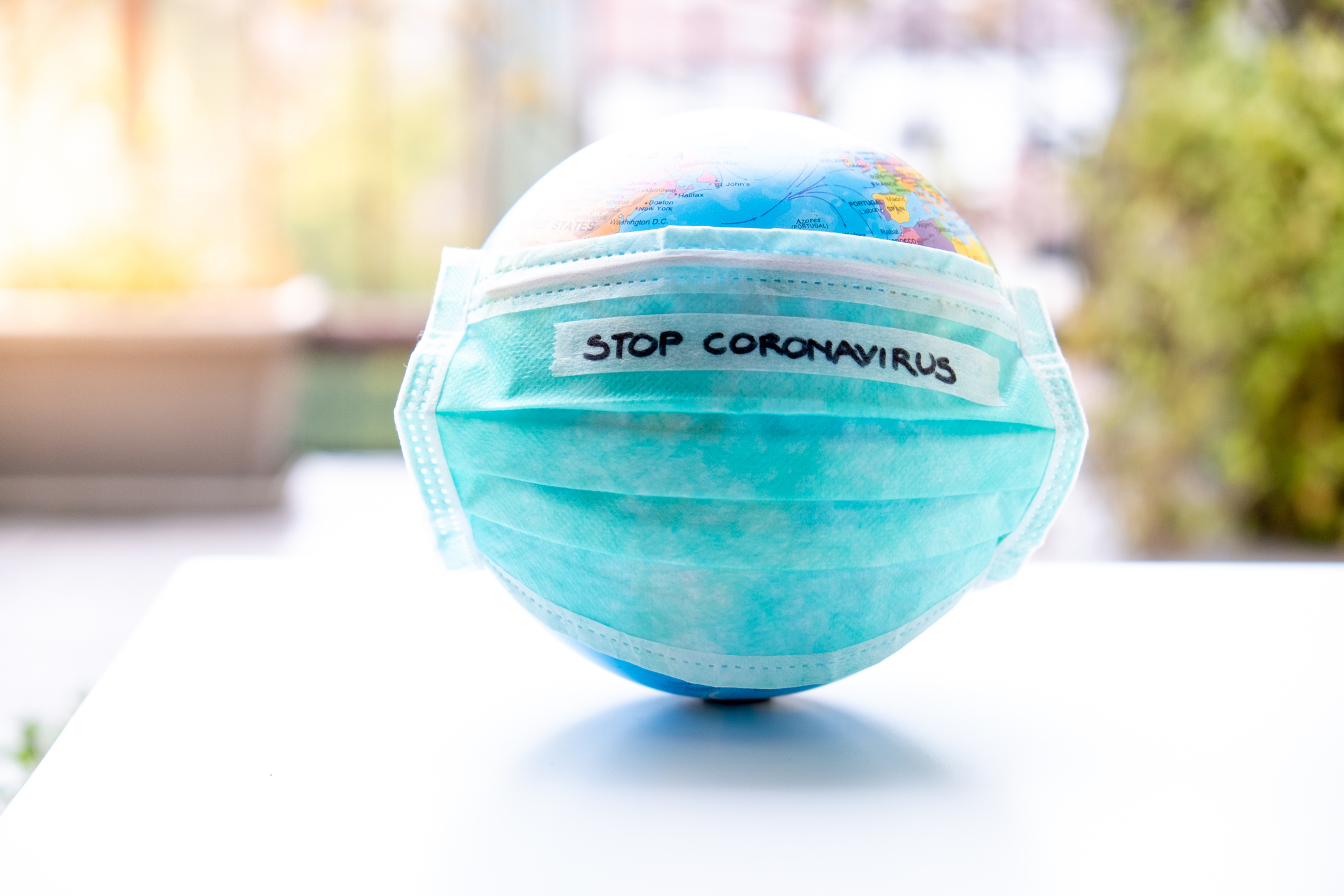
A common response to uncertainty, for human beings, is to experience fear and anxiety. For many of us, during these uncertain and unprecedented times, we have found ourselves, concerned about our well-being and the well-being of those we love, and unsure about what tomorrow will bring. Will we be able to withstand the challenges physically, financially, emotionally and otherwise? Engaging in “what if’s” can be a real source of worry and concern. One of the most important ways we can interrupt this all too human tendency to fret, is to educate ourselves with accurate and up to date information regarding COVID-19 and how we can be part of the solution, not the problem. In this blog we will address the critical questions you may have about the virus and how you can protect yourself and others.
What is COVID-19 or Coronavirus?
Coronaviruses are a large family of viruses. Some cause illness in people and others cause illness in animals. Human coronaviruses are common and are typically associated with mild illnesses, like the common cold. COVID-19 is a new disease that has not been previously identified in humans.
What makes COVID-19 different than other viruses?
The combination of its contagiousness, its severity, and the fact that people don’t have immunity, because it’s new, are the reasons why we’re seeing the virus spread around the world so quickly, why it has such an impact in terms of the global response, and what has the medical and scientific communities be so concerned.
Why is the lack of immunity so important?
Your bodies immune system is made up of blood cells, white blood cells, your bone marrow, and your lymph nodes as well. This is a big system that helps you to fight against bacteria and viruses that are everywhere around us. Your immune system is constantly working, and you don’t even know it because you are being exposed all the time. But when you get a new invader like COVID-19 your immune system has never seen it before. The immune system will eventually create an immune response to help fight it, but it takes some time for that to occur and until then we spread it more easily.
What are the symptoms of COVID-19?
Those of us infected with the novel coronavirus may have little to no symptoms. You may not know you have symptoms of COVID-19 because the symptoms are like a cold or flu.
Symptoms may take up to 14 days to appear after exposure to the novel coronavirus. This is the longest known incubation period for this disease.
Symptoms have included:
- cough
- fever
- difficulty breathing
- pneumonia in both lungs
In severe cases, infection can lead to death.
Is there anyone who is at greater risk of getting the virus?
There is an increased risk of more severe outcomes for people:
- aged 65 and over
- with compromised immune systems
- with underlying medical conditions
What should I do if I become ill?
If you have any of the above symptoms and are concerned that you may have COVID-19 there are actions, you can take:
- Take the Self-Assessment Tool found at this link: COVID-19 Symptoms
- Contact your local public health center and follow their advice on how to proceed.
- If you cannot breathe or have severe chest pain, please contact emergency services
What can I do to prevent the spread and reduce the risk of COVID-19?
We should all continue to think ahead about the actions that we take to stay healthy and prevent the spread of COVID-19, including:
- being prepared in case you or a family member become ill
- following the latest travel advice from governmental health leaders:
- avoiding all non-essential travel, including cruise ships
- self-isolating, and monitoring for symptoms (cough, fever or difficulty breathing) for 14 days if you have travelled outside of Canada
- reduce contact with others by following the guidance for self-monitoring, self-isolating, or isolating (See the glossary of terms Social Distancing)
- practicing social distancing (2 arm’s length) and proper hygiene (hand washing is crucial)
- wearing masks, if necessary (at first this was not thought to be very helpful, and if you suspect you have the virus or are ill and must go outside, then wear a mask to protect others)
Remember to take care of your total well being including your emotional and mental health. If you find yourself struggling to move out of fear and anxiety, then reach out for help and read our other blogs to find out information that can help. We want to thank Dr. Chakrabarti, along with Canada’s Public Health Services for providing such valuable information.
Amber Howard, PMP, CBAP, CMP, CPRP, CCP
Amber Howard is a Project Management Professional, Certified Business Analysis Professional, Change Management Practitioner, Certified Personal Resilience Practitioner, Certified Coach Practitioner

